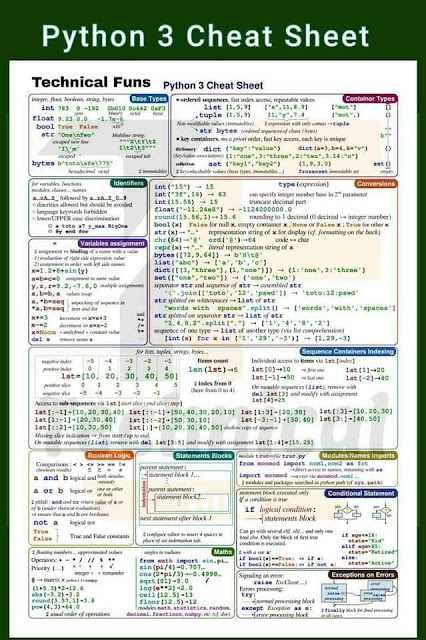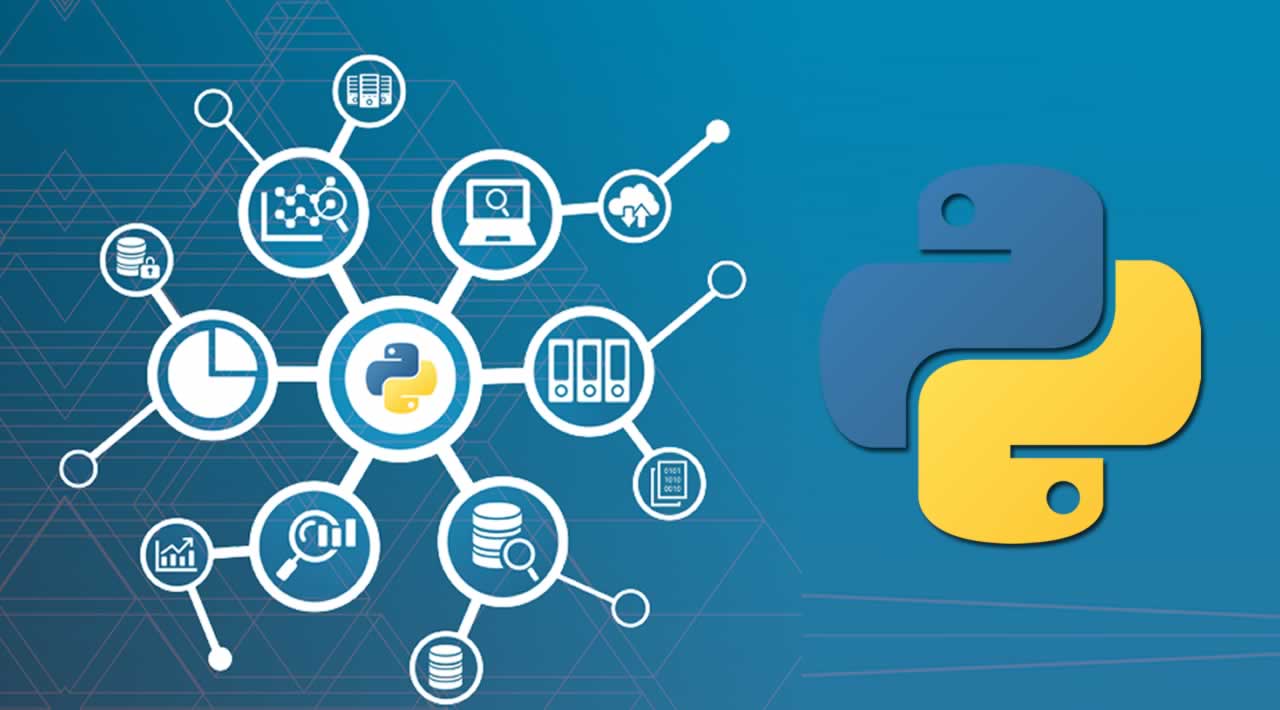
Python basics for data science ibm how to#
Not to mention some exercises ONLY accept a certain string as a solution (E.g, df.groupby is wrong but df.groupby. You will master the basics of the Python programming language in this topic, alongside how to work with common data types. This beginner-friendly Python MOOC designed by IBM will quickly take participants from zero to programming in Python in just a few hours. By the end of this certification, youll know how to. The way grading works is that there are some questions on EdX after a video, followed by a "lab" in Datacamp, and these are all rather simple and always take you by the hand a lot, to the point that is nearly impossible to not score 100%ĮXCEPT that the final labs in the course are rather complex, and there are questions that need solving with VERY complex Pandas features (That is if you don't know Pandas) that are never explained in the course. In the Data Analysis with Python Certification, youll learn the fundamentals of data analysis with Python. Module 5: Python project for Data Science. That is it, no fancy AI, no development experience, just some more theory and simple coding. You will learn Python basics and how to handle standard data types.

The title is more promising than the actual material. It is basically the same content that Datacamp offers (It is actually one of the DataCamp courses) and it's of a very basic level. Module 4: Python for Data Science, AI & Development. Data exploration: In Python, you can explore. While Python is more versatile for pulling data from the web, modern R packages like Rvest are designed for basic webscraping.

Files built in Minitab or in SPSS format can also be turned into R dataframes. Python Basics for Data Science This Python course provides a beginner-friendly introduction to Python for Data Science.

In case anyone is wondering, my question is because the final labs cover knowledge that is not presented in the course, and are incredible more complex than anything else there. In contrast, R is designed for data analysts to import data from Excel, CSV and text files. If you did it, can you tell me if the challenges are based only on the videos of the courses, or if they also cover the final labs? I just reached the final exam in this course, and have a question about it. Required Skills Python programming - Intermediate Level Data Science - Intermediate Level Shell, Terminal or CMD (command-line) - Beginner Level Git.


 0 kommentar(er)
0 kommentar(er)
